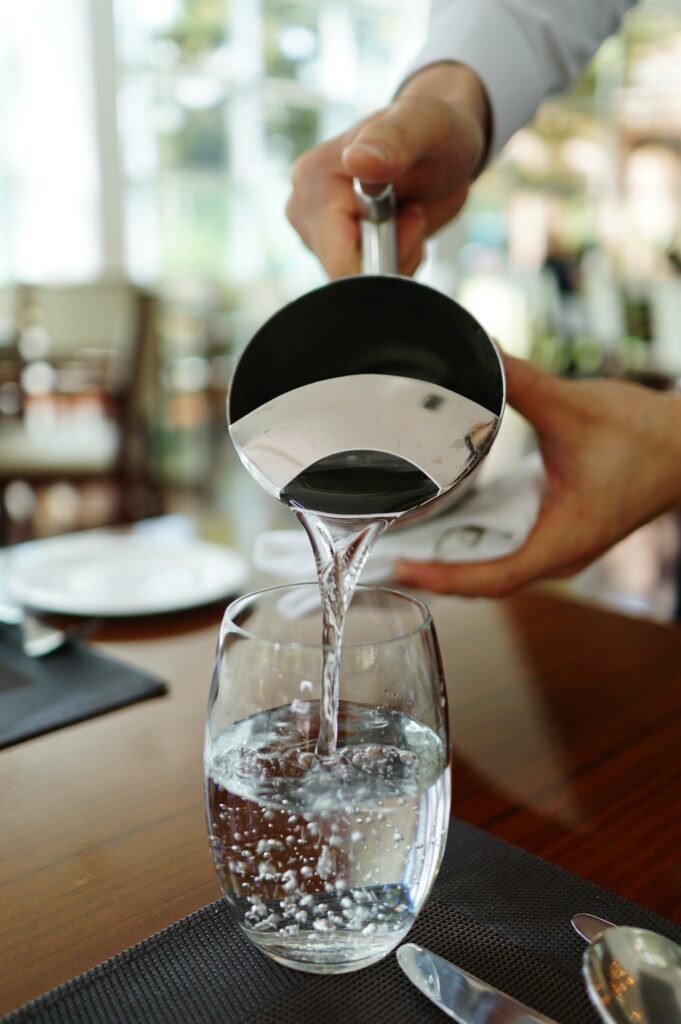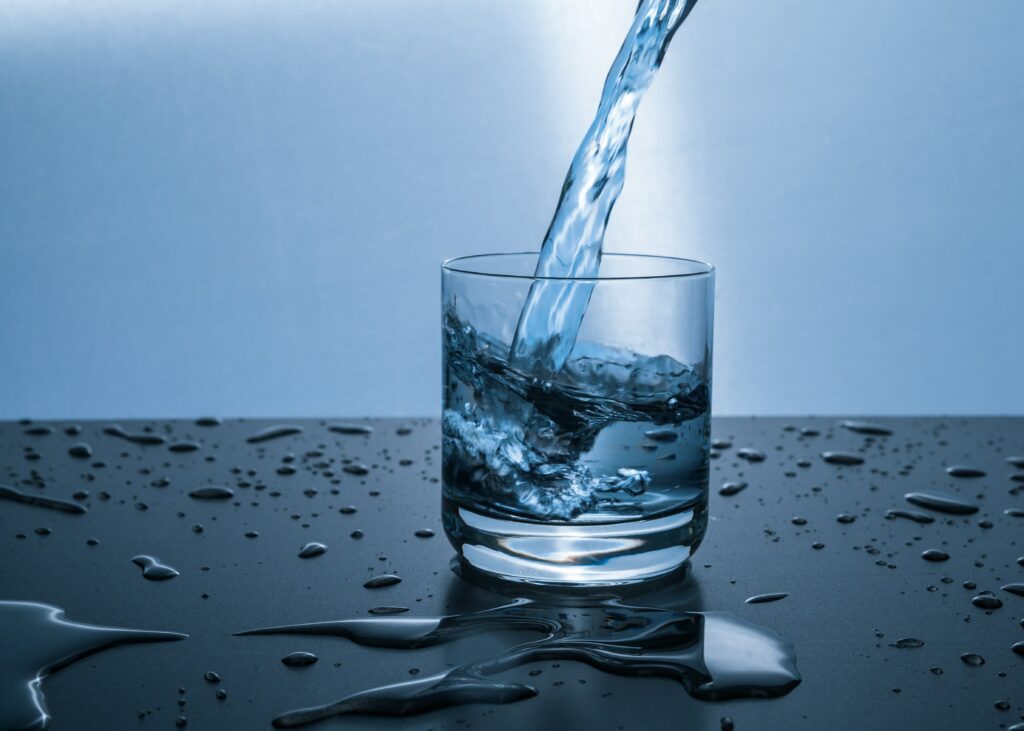
Hydration and Gut Health
We hear about the impact of diet on gut health all of the time, but have you ever wondered what is the connection between hydration and gut health? Hydration plays a significant role in many functions of digestion, and dehydration can worsen digestive symptoms. Do you struggle with symptoms like constipation and bloating and wonder if your hydration status, or lack there of, could be making your symptoms worse? Keep reading to learn about supporting your gut health by staying hydrated!
Why Is Water Important?
Water is an essential nutrient, meaning that it is required in amounts that exceed the body’s ability to produce it. Water plays a role in all sorts of essential body functions, including digestion, nutrient absorption, transportation, elimination of waste and thermoregulation (how we maintain our body temperature). Many vitamins (A,D,E,K) and minerals are water-soluble, meaning that they are dependent on water to be absorbed.
How Does Hydration Impact Gut Health?
As mentioned above, water assists the elimination of waste through the body. Water helps to guide food through the digestive tract and can be the extra ‘push’ needed to have regular washroom trips.
A common symptom that accompanies many digestive disorders, such as Irritable Bowel Syndrome (IBS), is constipation. Dehydration is one of the most common reasons behind constipation (not always, but often). If you are struggling with constipation, increasing your fluid intake can help to get things moving.
It is also important to increase your water intake as you increase your fiber intake. Fiber is our most important nutrient to support gut health, since fiber provides prebiotics which feed our healthy gut bacteria. However, without adequate fluid intake, too much fiber can lead to constipation and discomfort. If you aren’t getting enough fluid, your body will pull extra fluid from your large intestine, causing your stools to become hard and difficult to pass.
The majority of our beneficial microbes reside in the large intestine. Constipation, or delayed gastric emptying (slow digestion), can lead to excessive fermentation of waste by our gut bacteria as stool hangs out in the large intestine which can cause uncomfortable digestive symptoms like gas and bloating. In fact, did you know that constipation is the most common cause of bloating? When clients come to me with concerns about bloating the first thing I do is to assess whether or not they are constipated.
Interestingly, growing evidence shows that the composition of our gut microbiota may actually contribute to constipation and gut motility (the movement of food through the digestive system) (1).
How Much Water Do You Need?

Amazingly, water accounts for 50-80% of body weight, depending on lean body mass. Water requirements are individual and highly variable based on metabolic needs, environmental conditions and physical activity.
Water losses are sensitive to environmental conditions and can be increased at high temperatures, high altitude and low humidity. During summer, when heat stress may be high, water depletion can lead to heat exhaustion, loss of consciousness and heat stroke. Dehydration of as little as 2% loss of body weight results in impaired physiological responses and performance.
Factors that increase fluid needs:
- Warm weather
- Activity level
- Diarrhea
- Altitude
- Sweating
- Fiber intake
- Pregnancy and breastfeeding
As a rough guideline, the Dietitians of Canada suggest 2.2 litres (nine cups) per day for women and three litres (12 cups) for men (2). However, this is only a guideline and this number can change drastically based on how much water you lose throughout the day.
If this sounds daunting, don’t worry! These totals include food moisture. Did you know that solid foods contribute approximately 20% of your total water intake? And even more for those who eat a lot of fruit and veggies.
How To Increase Your Water Intake
I often hear from clients who find it very challenging to drink enough water. Whether they don’t like the taste of water, get busy and forget to drink it or simply don’t feel thirsty, there are many barriers to drinking enough water. If this sounds like you, here are a few tips to improve your hydration:
- Drinking from a straw has been shown to increase the volume of water consumed.
- Flavour your water – add mint, citrus, a few cucumber slices or berries to add a subtle flavour.
- Try sparkling water – in addition to plain water. Changing it up might increase your fluid intake. You can even chose a flavoured option, just be sure it contains no sugar!
- Bring a water bottle with you in the car – and everywhere that you go.
- Eat your water – get plenty of fruits and vegetables, some can be up to 99% water! Food contributes approximately 20% of your total water intake
- Keep a fluid journal – accountability can be a major factor in achieving fluid goals!
Keep that gut happy and hydrated!



Leave a Reply